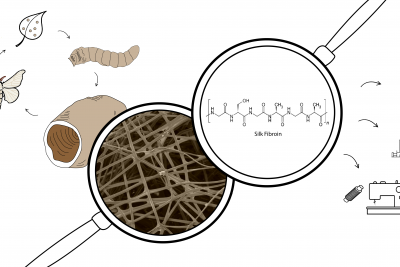Advances in Cancer Research that Scientists are Excited About: Immunotherapy
Frequently, we use the term “cancer” in a very broad manner. While it helps us quickly discuss it, it also hides the reality that “cancer” is not a singular disease. “Cancer” is a bucket term that captures many different issues that lead to diseases that display themselves in a similar fashion. Thus, questions regarding when we will cure “cancer” and why we have not yet, are difficult to answer. But, scientists are working to apply curative or alleviating methods to all cancers in an effort to decrease their impact on humanity. Some of these methods may be broadly applied while others address its many root causes. This series explores two of the most promising routes to therapeutically help us address “cancer” and cancers.
Immunotherapy utilizes the body’s immune system to fight cancer. Normally, the immune system can detect and destroy abnormal cells, but cancer cells can evade this by making themselves less visible or by suppressing immune responses. Immunotherapy helps the immune system recognize and attack cancer cells more effectively. There are several types of immunotherapies, including: Immune checkpoint inhibitors: These drugs block checkpoints that usually keep immune responses in check, allowing immune cells to attack cancer more vigorously. T-cell transfer therapy: This involves boosting the body’s T cells to better fight cancer. T cells are taken from a tumor, enhanced in the lab, and then reintroduced into the body. Treatment vaccines: These vaccines boost the immune system’s response specifically against cancer cells. Current research in immunotherapy focuses on overcoming resistance to treatment, predicting which patients will respond, understanding how cancer evades the immune system, and reducing side effects.









